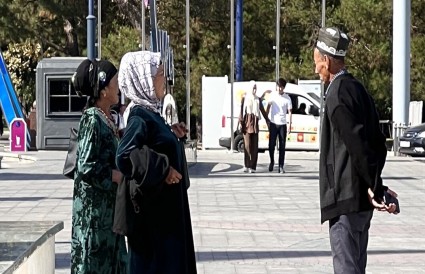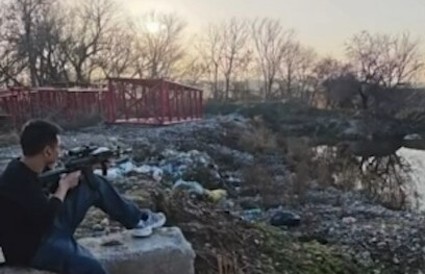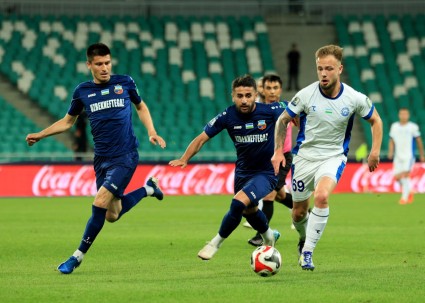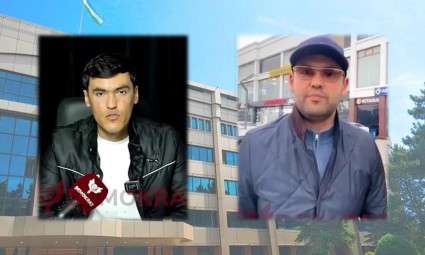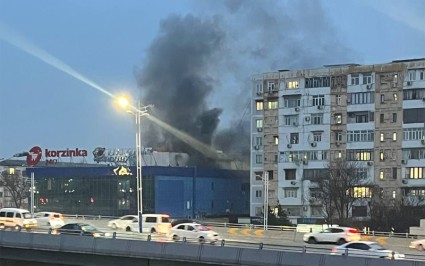Eldaniz Gusseinov, an expert in European and international studies and Research FellowHana Raci Shillova recently shared insights into French President Emmanuel Macron's diplomatic foray into Central Asia and its strategic implications amidst growing Russian influence.
In an exclusive interview posted on The Hague Research Institute, Gusseinov offered valuable perspectives on Macron's recent visits to Kazakhstan and Uzbekistan, shedding light on the geopolitical nuances underlying these engagements.
France's Geopolitical Maneuver
Gusseinov emphasized the geopolitical dimension of Macron's Central Asian diplomacy, framing it as a strategic response to Russia's expanding influence in Africa. He noted, "It’s the brand of Central Asia, everybody knows Central Asia is a region of geopolitics." Against the backdrop of Russia's growing presence in West Africa, France sought to assert its influence in Central Asia, along with Armenia and Moldova, to counterbalance Russian expansionism. Gusseinov highlighted the symbolic significance of Macron's visit, stating,"It’s just to show you are friends and to send a particular message to Russia and China."
Resource Interests vs. Geopolitical Strategy
Contrary to prevalent narratives focusing on uranium cooperation, Gusseinov argued that France's strategic objectives extended beyond resource interests. He underscored France's efforts to enhance its security strategy and geopolitical positioning in the region, symbolized by initiatives like the establishment of joint universities and defense collaborations. Gusseinov observed, "So there’s no urgency to find other sources of uranium," suggesting a nuanced approach to understanding France's engagements in Central Asia.
Impact and Effectiveness
Assessing the effectiveness of Macron's visit, Gusseinov highlighted its timeliness and visual impact, citing Russian reactions and symbolic gestures during Putin's subsequent visit to Kazakhstan. He noted positive developments such as the establishment of joint universities and increased attention from French institutions towards Central Asia. Gusseinov remarked, "It was also quite effective when it comes to the tangible establishment of some ties."
Opportunities for Collaboration
Gusseinov identified numerous opportunities for collaboration between Central Asian states and France, spanning diverse sectors such as agriculture, culture, sports, and scientific endeavors. He emphasized the potential for increased Central Asian representation within the EU, facilitated by France's advocacy. Gusseinov noted, "Having a new partner who is an EU member state...opens doors for Central Asian countries to have a stronger voice within the EU."
While acknowledging France's relatively cohesive foreign policy, Gusseinov highlighted challenges stemming from its military rivalry with Russia. He cautioned that any French initiatives in Central Asia could provoke negative reactions from Russian authorities, complicating diplomatic efforts. Gusseinov concluded, "Thus it will always be negatively perceived and Russia may even consider taking some steps to somehow counter French presence in the region."
Eldaniz Gusseinov's insights offer valuable perspectives on Macron's Central Asian diplomacy and its broader geopolitical implications.

